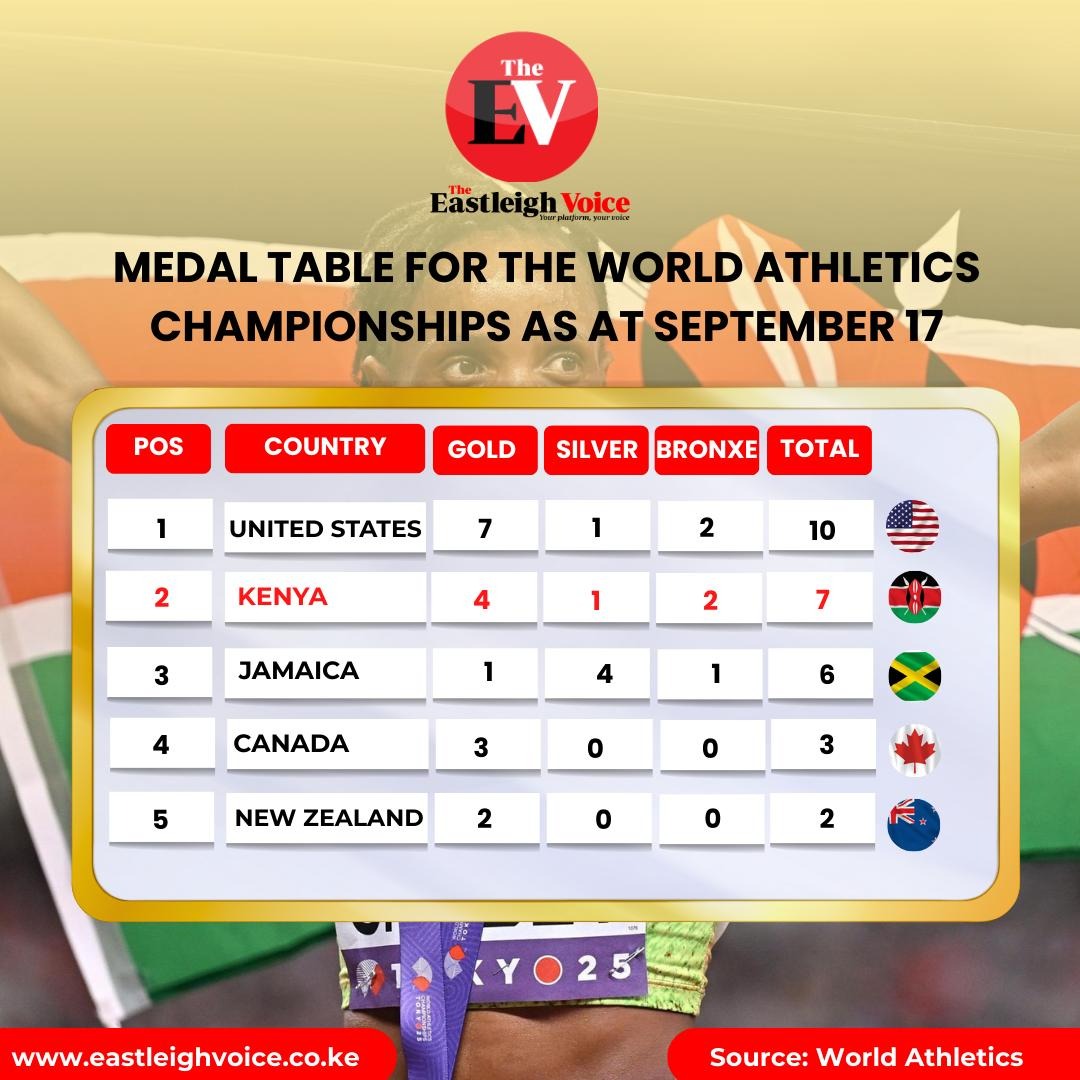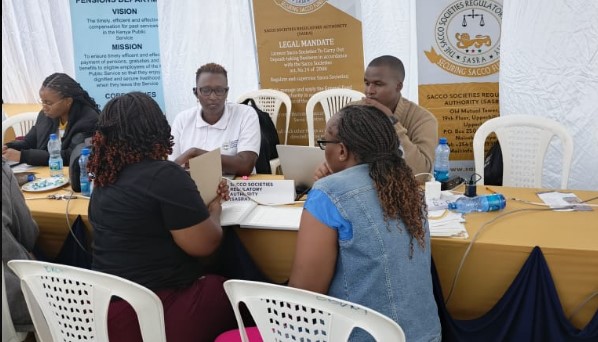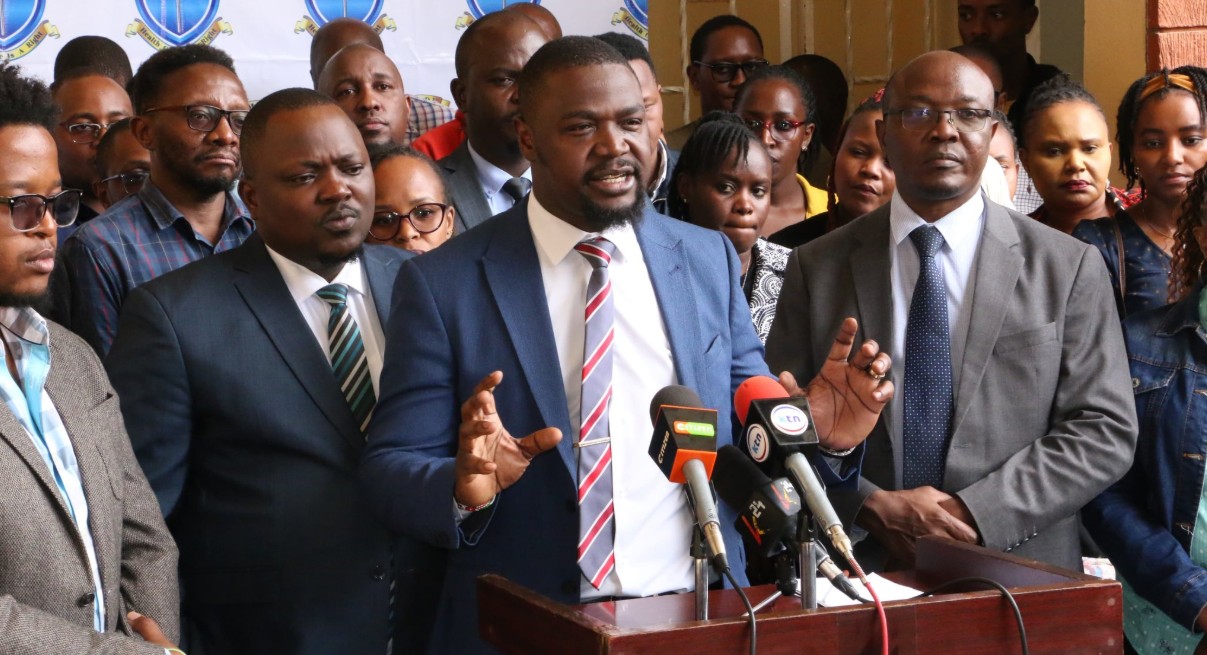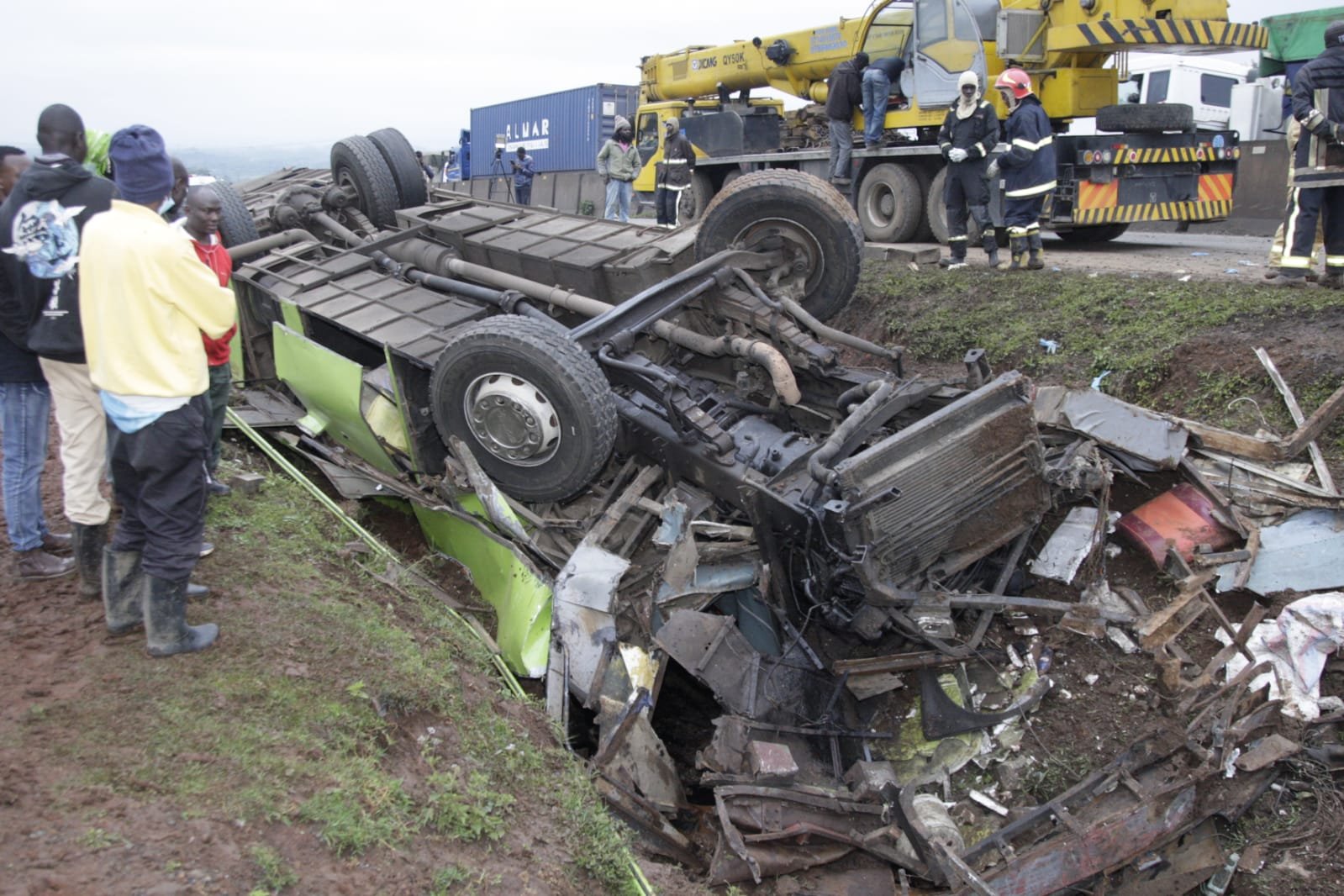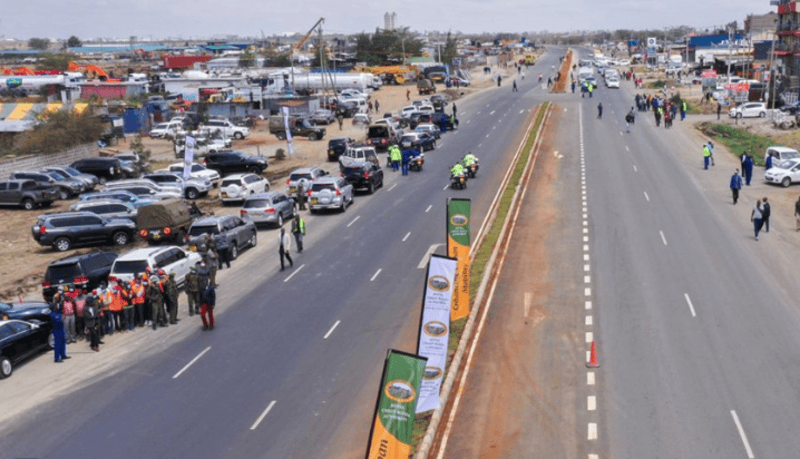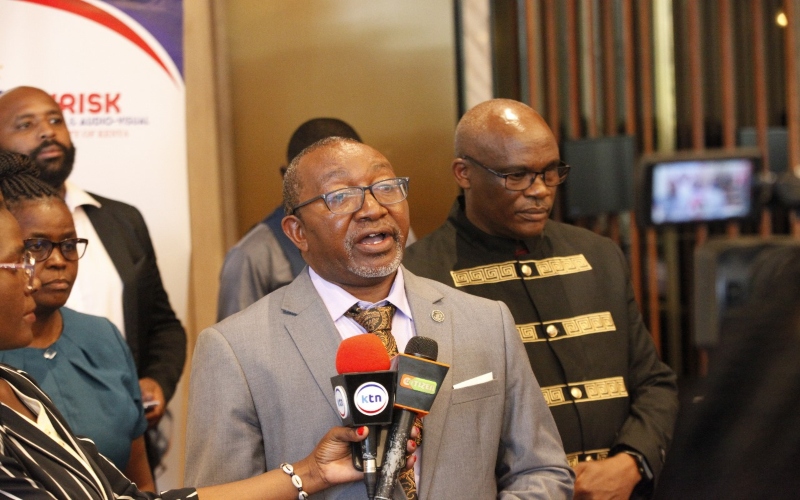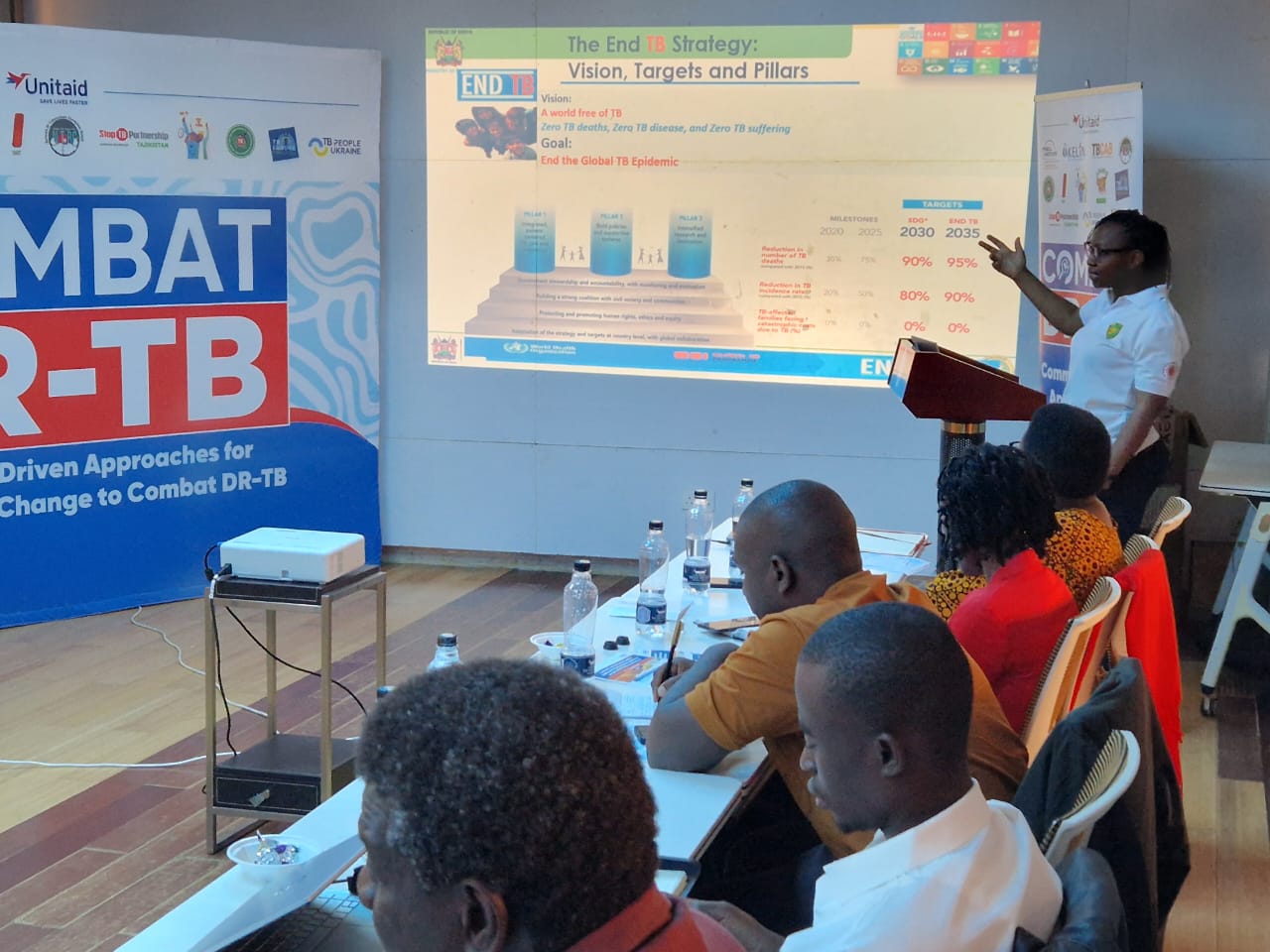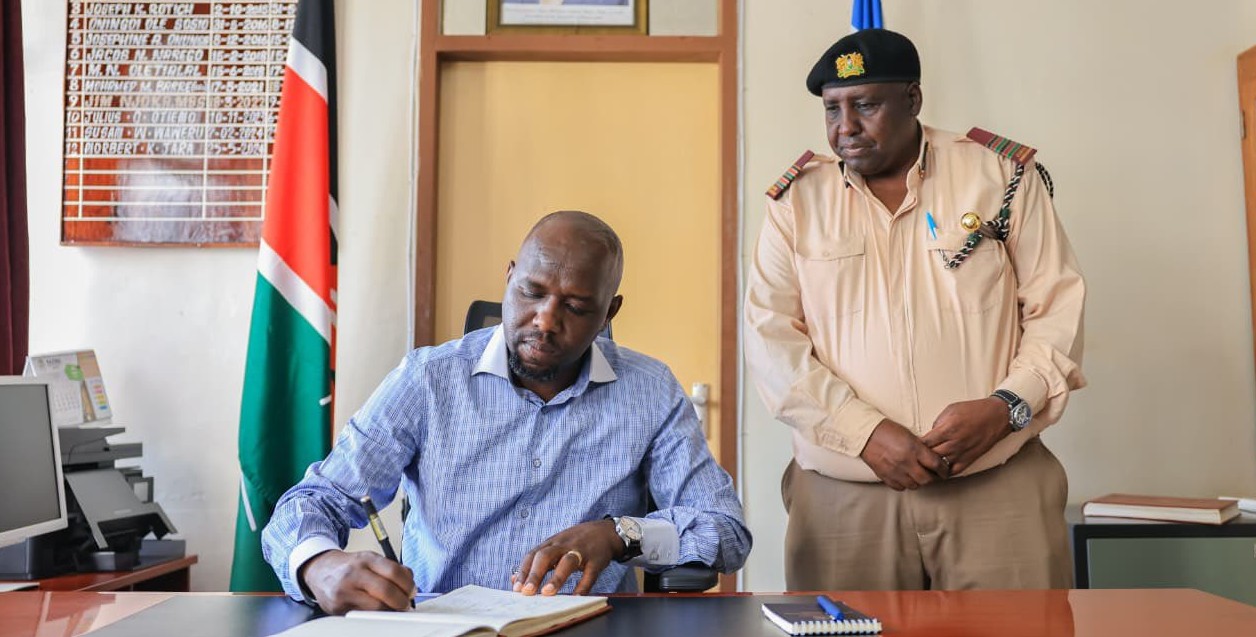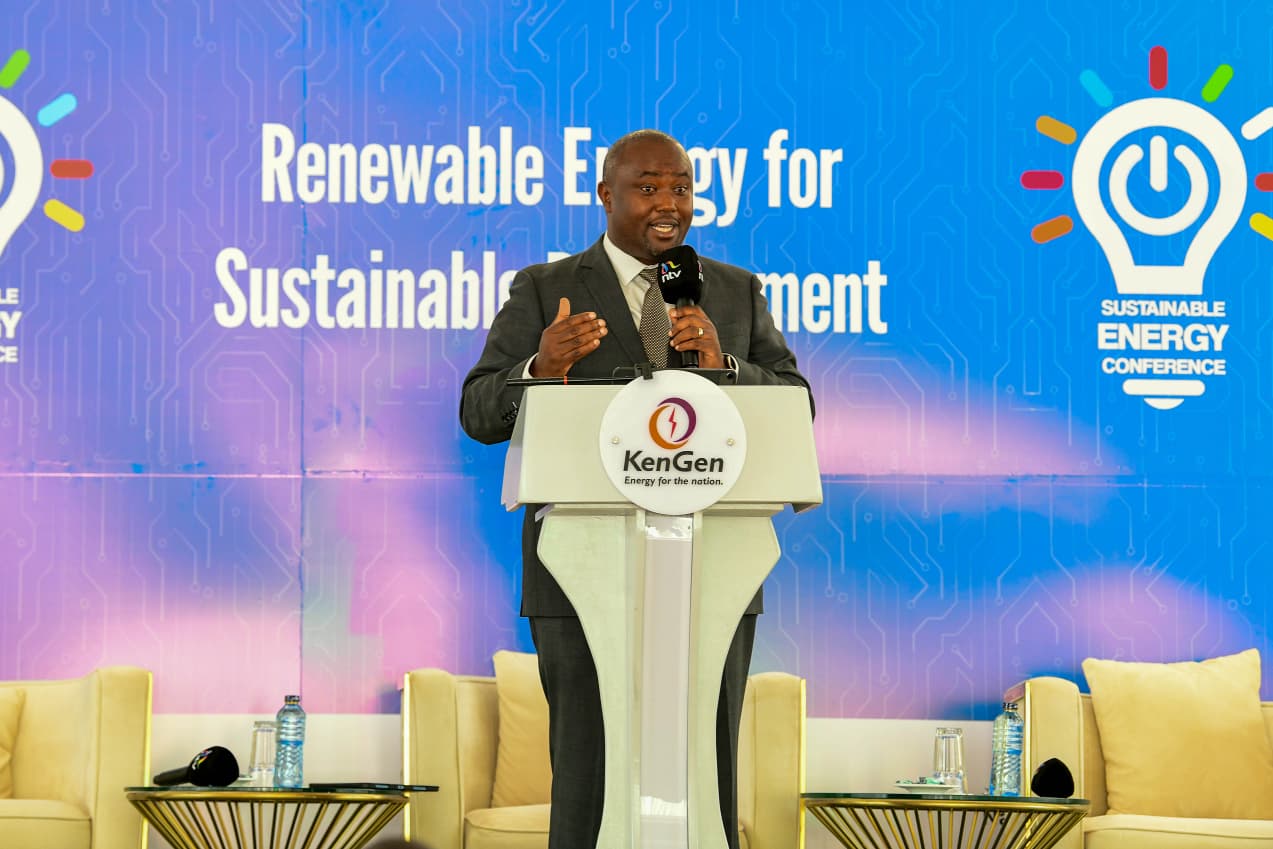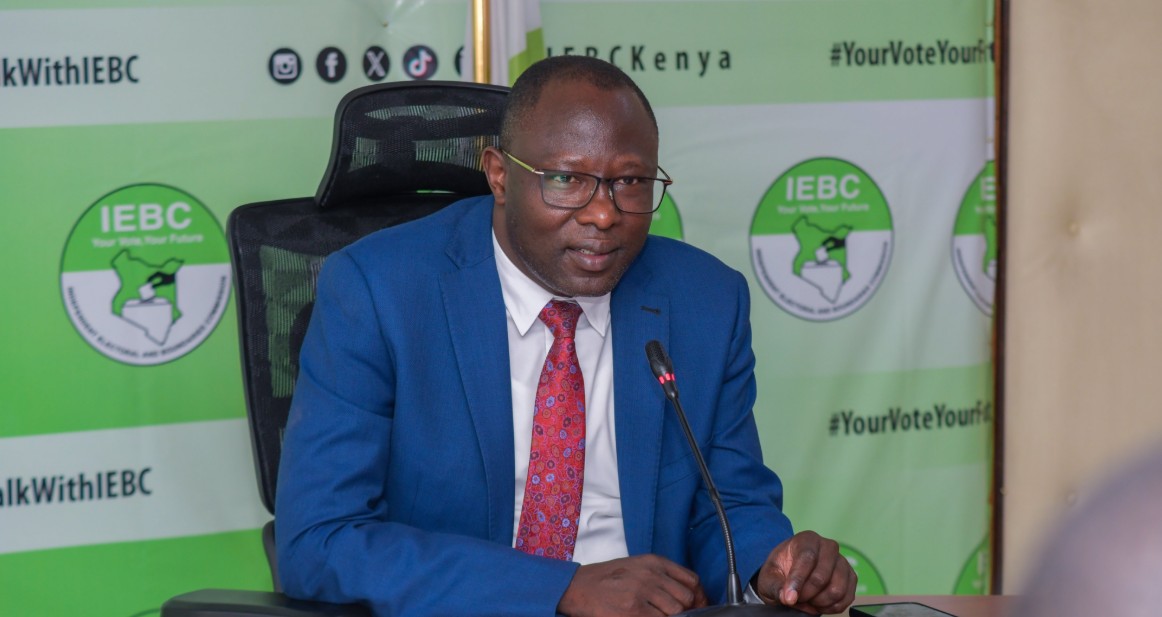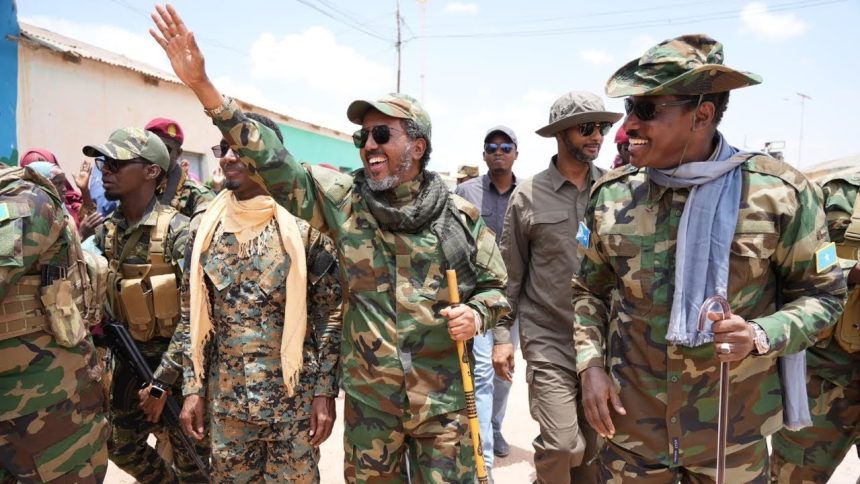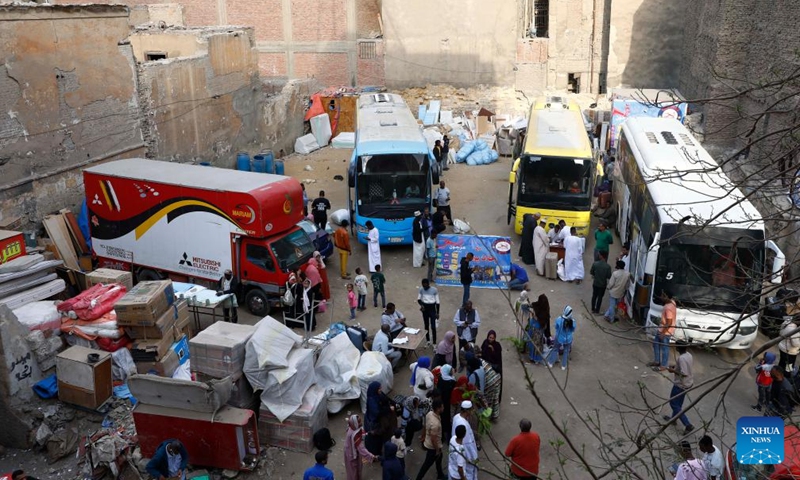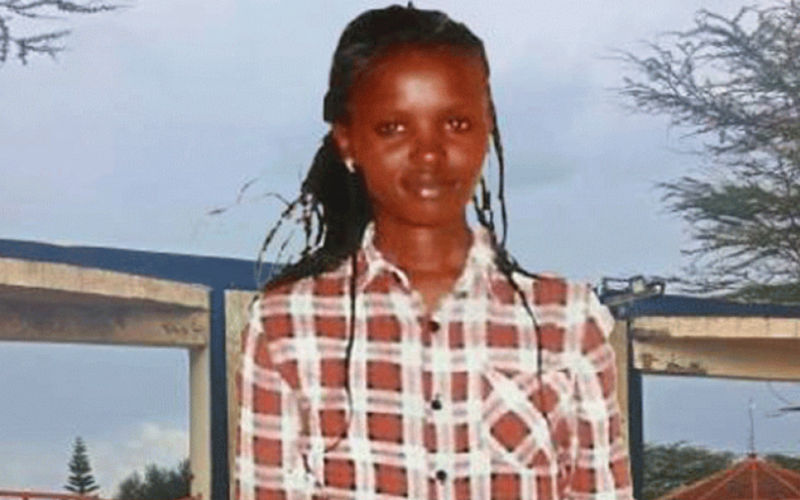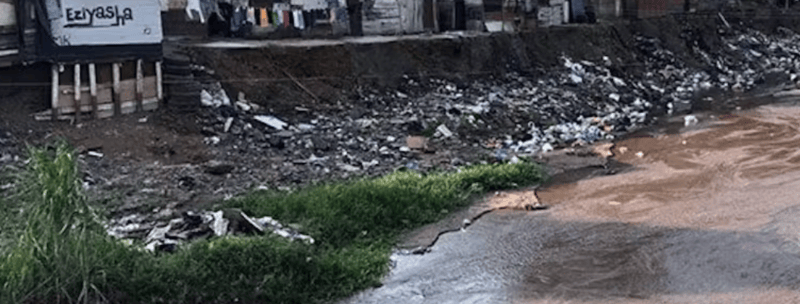OPINION: Ruto clear on DRC conflict; It's a Congolese problem requiring Congolese political solution
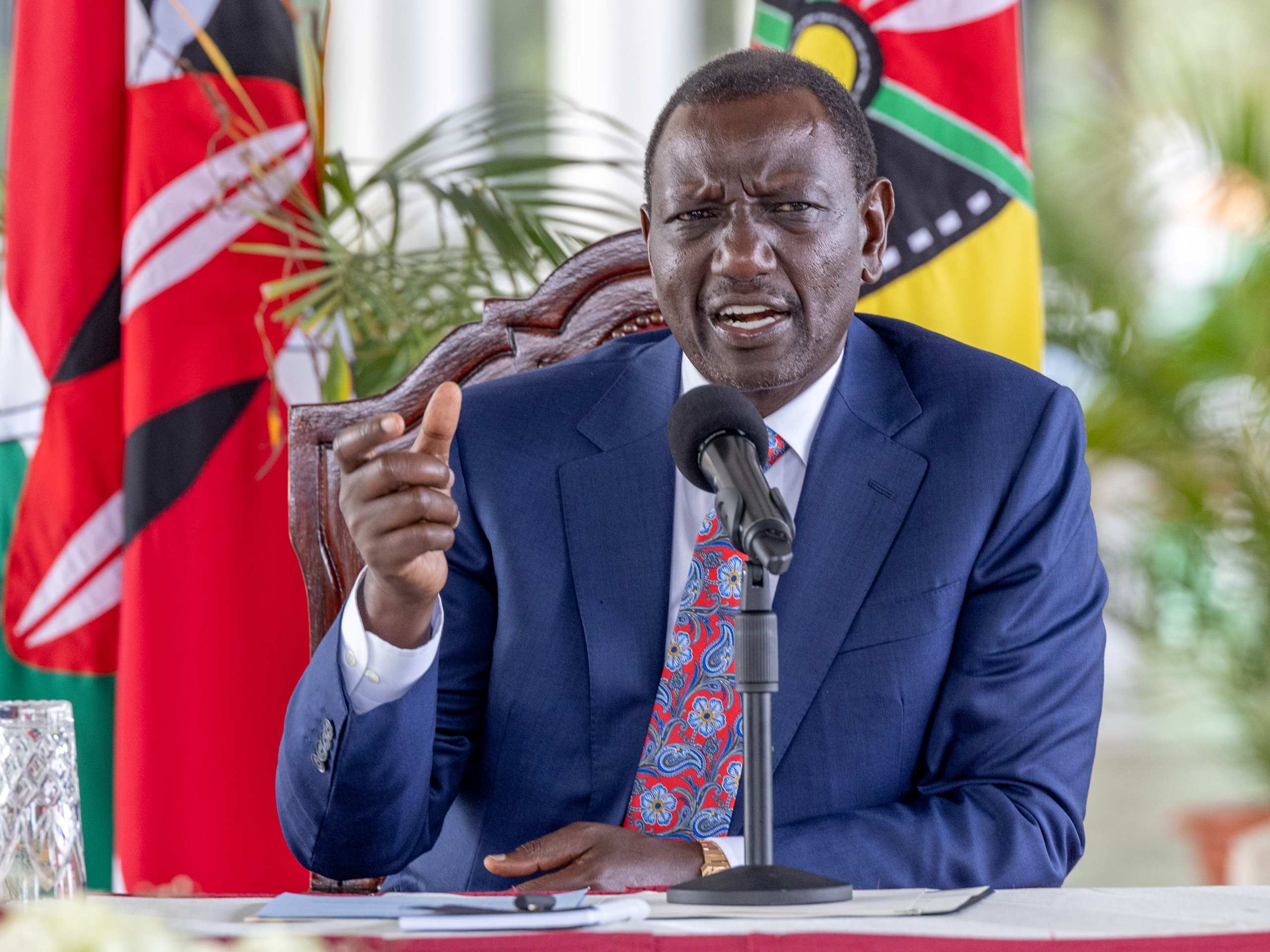
President Ruto’s clear answer must have come as a jolt to President Felix Tshisekedi.
President William Ruto has waded into the Democratic Republic of Congo (DRC) mire.
But he went in with the assurance of one who knows where the ground is firm and there is no danger of getting stuck. He said in the clearest terms what the war in the east of the DRC between the government and M23 rebels, which Congolese authorities blame on Rwanda and President, Paul Kagame, is all about.
More To Read
- DRC’s Joseph Kabila is on trial for treason: What case against the former Congolese president is all about
- Rwanda calls Human Rights Watch's count of new graves at military cemetery "disrespectful"
- DR Congo: All sides may be guilty of war crimes - UN probe
- DR Congo: The doctor who couldn’t leave Goma amid M23 takeover
- Rwanda, DRC commit to fast-track full implementation of June peace agreement
- President Felix Tshisekedi says 'no dialogue outside' DR Congo
In an interview with the news magazine, Jeune Afrique on May 21, President Ruto said “M23 is a Congolese problem requiring a Congolese solution.” He went on to say, “As heads of state, in a meeting, we asked: M23, the people in there, are they Rwandese or they are Congolese? And DRC said these are Congolese. End of question. So if these are Congolese, how does it become a Rwanda problem? How does it become a Kagame problem?”
President Ruto’s clear answer must have come as a jolt to President Felix Tshisekedi.
It must also have opened the eyes of many in Kenya and outside the immediate neighbourhood of DRC to the actual reality. The knowledge of the country most of these have is from Western media and Tshisekedi’s cries.
Indeed, President Ruto had said in the Jeune Afrique interview that the Southern Africa Development Community (SADC) which has sent a force to eastern DRC, had come to a similar understanding.
The Congolese leadership are quick to blame outsiders, especially Rwanda and President Kagame, for all their woes and then cry to other outsiders to help them deal with the “troublesome” Rwandans.
Some of the other outsiders usually indulge them and admonish the “meddling” tiny Rwanda. The United States, European Union and individual Western countries often give them a sympathetic ear and occasionally knock Rwanda on the knuckles.
Embolden the Congolese
That always seems to embolden the Congolese to demand severe punishment for the "fellows next door" who are supposedly responsible for all their pain.
Everyone knows that fighting between the Congolese armed forces (FARDC) and M23 rebels in its present phase has been going on for more than two years.
However, conflict in the area goes back much further, nearly 30 years. In addition to the M23 rebels, there have been other armed groups, fighting against the government or allying with it depending on their interests at a particular time. Among them is the Rwandan genocidal group (FDLR).
The Congolese authorities have failed to contain the conflict largely due to governance weaknesses. The state has very little presence in the area. They have also refused to acknowledge their own shortcomings. The government’s response reflects its ineptitude and lack of appreciation of the issues.
Its first instinct is to deflect attention from their own failures by blaming them on Rwanda. That means denying it is a domestic problem and therefore abdicating responsibility to address it as such. Secondly, they have chosen the military option to deal with what is essentially a political issue.
That choice, however, has not brought them the desired results. The FARDC has been unable to defeat or beat back the rebels. In fact, the latter has been gaining territory. The response has been to hide the head deeper in the sand and continue to pursue a strategy that has clearly failed.
Military option
Instead of pursuing the peace option, they have chosen to bolster the military option.
They have boosted their equipment by buying more arms, warplanes and drones. Then they formed alliances, first with the many local armed groups which they have renamed rather inappropriately 'wazalendo' to fight M23 and second, with the Rwandan genocidal FDLR whose fighters they integrated into the FARDC. Then they hired and deployed European mercenaries to fight the rebels.
Tshisekedi also entered into an agreement with Burundi’s President Evarist Ndayishimiye to deploy the Burundi army against the rebels.
Diplomacy has also been tried, namely through the Nairobi and Luanda processes. However, the DRC government has done everything possible to undermine the diplomatic path to a solution.
Under the auspices of the East African Community, a force, the East African Community Regional Force (EACRF) was assembled and dispatched to eastern DRC.
Soon, however, a misunderstanding about its mission arose. The EACRF understood its role to be to facilitate the peace process. President Tshisekedi wanted it to fight on the government’s side. When this did not happen, he threw the force out of his country.
They have been replaced by a force from SADC. They have not taken much offensive action either. It appears they, too, might soon realise that the rebels they are meant to fight are not foreign invaders but Congolese citizens with genuine, legitimate grievances that their government has persistently ignored.
If that comes to pass, where will it leave the ongoing war between the FARDC alliance and M23 rebels? The rest of the world will probably come to the same realisation that President Ruto and fellow heads of state have come to, and that Rwanda has been urging all along that the security issues in the east of DRC are a Congolese problem and will be solved by the Congolese, with some help from neighbours and others of goodwill.
Mr Joseph Rwagatare is a governance and diplomacy analyst
Top Stories Today
